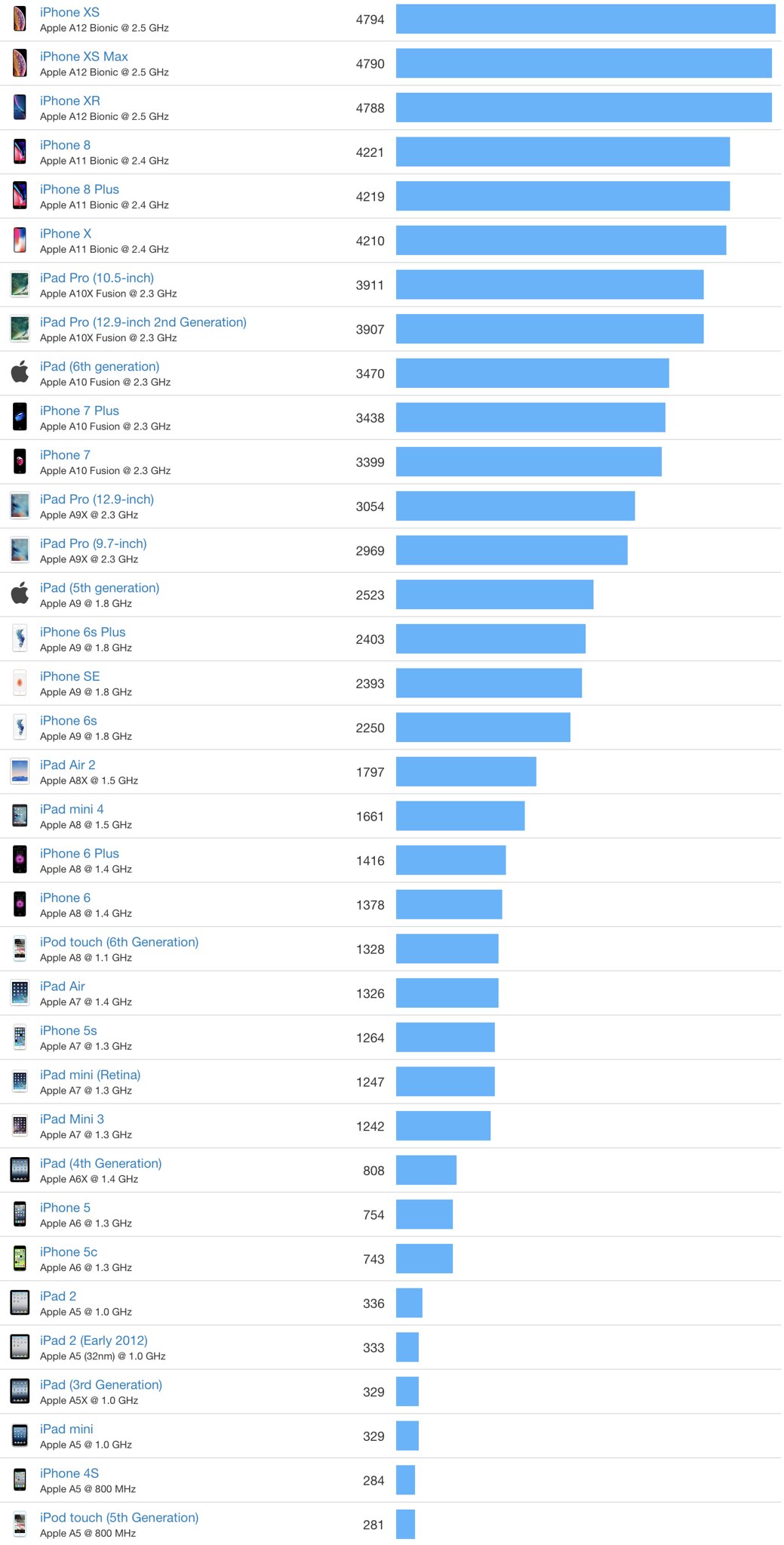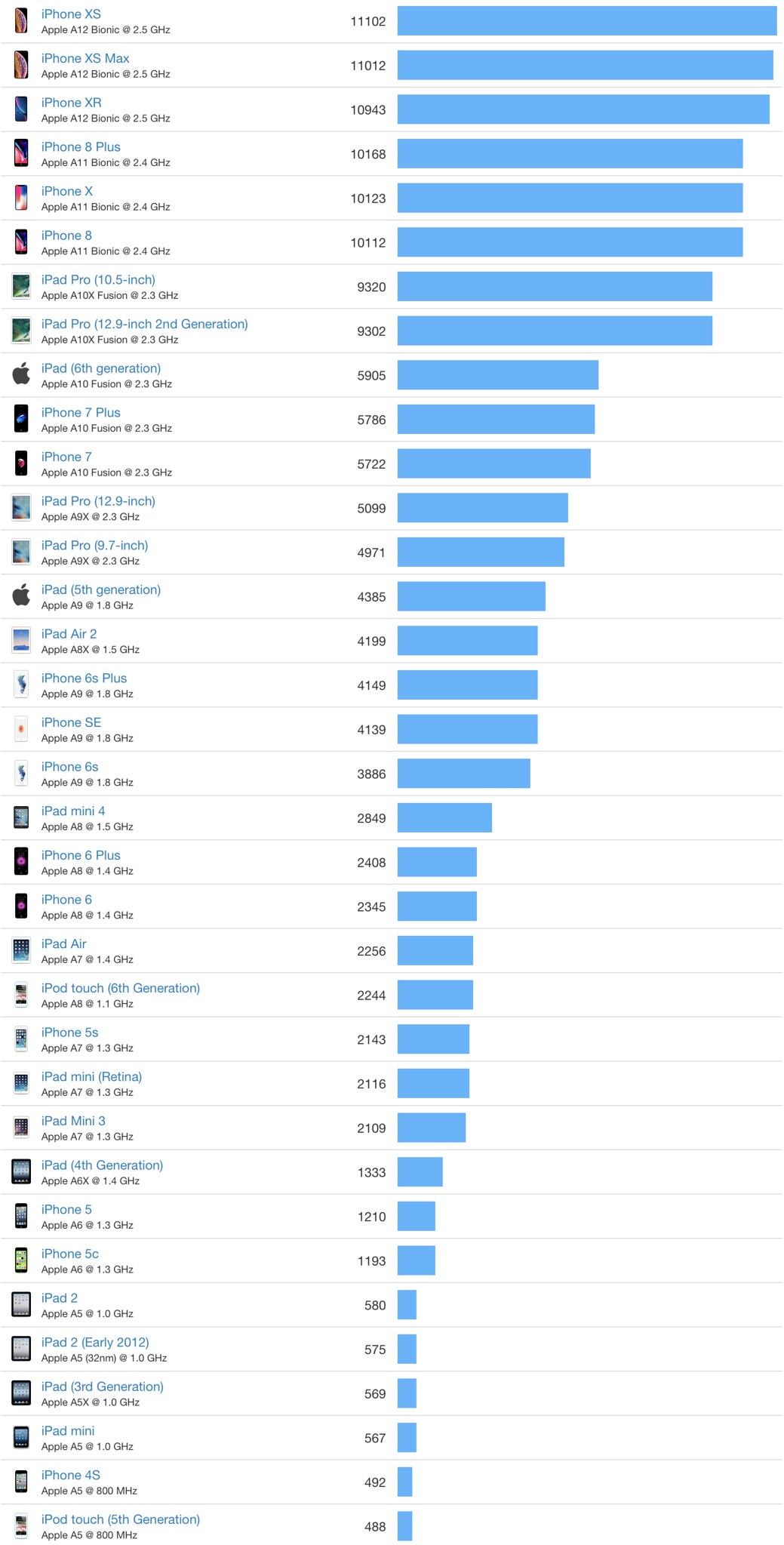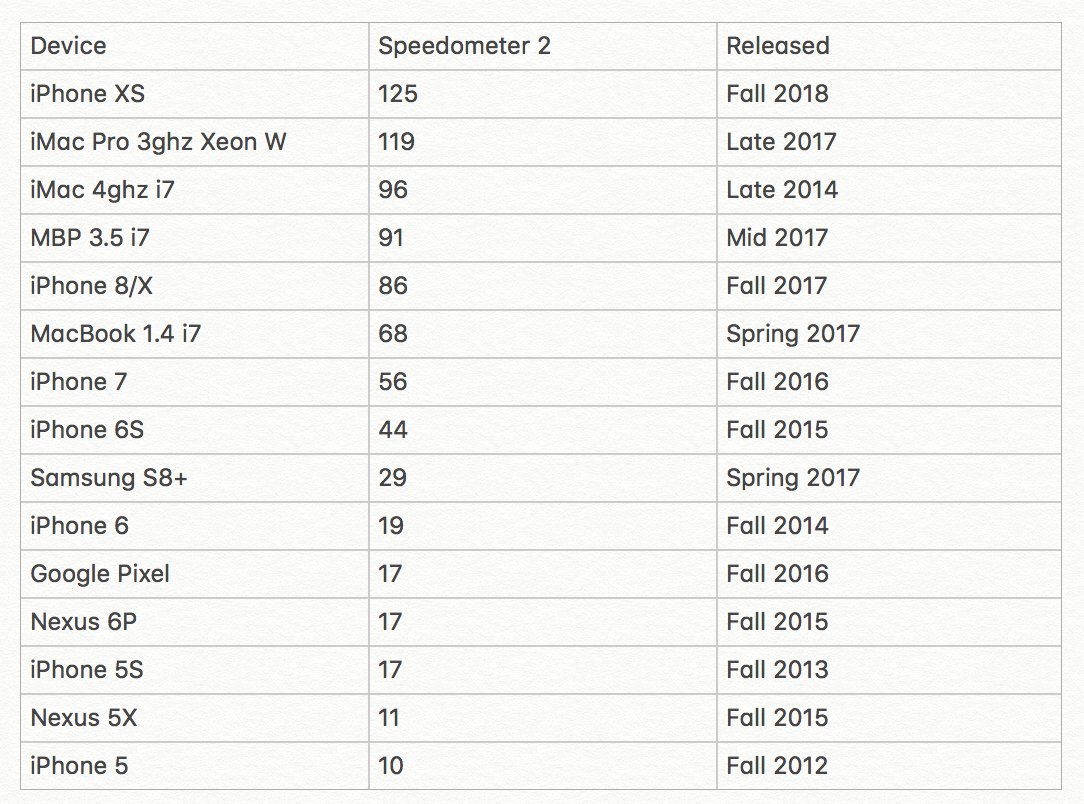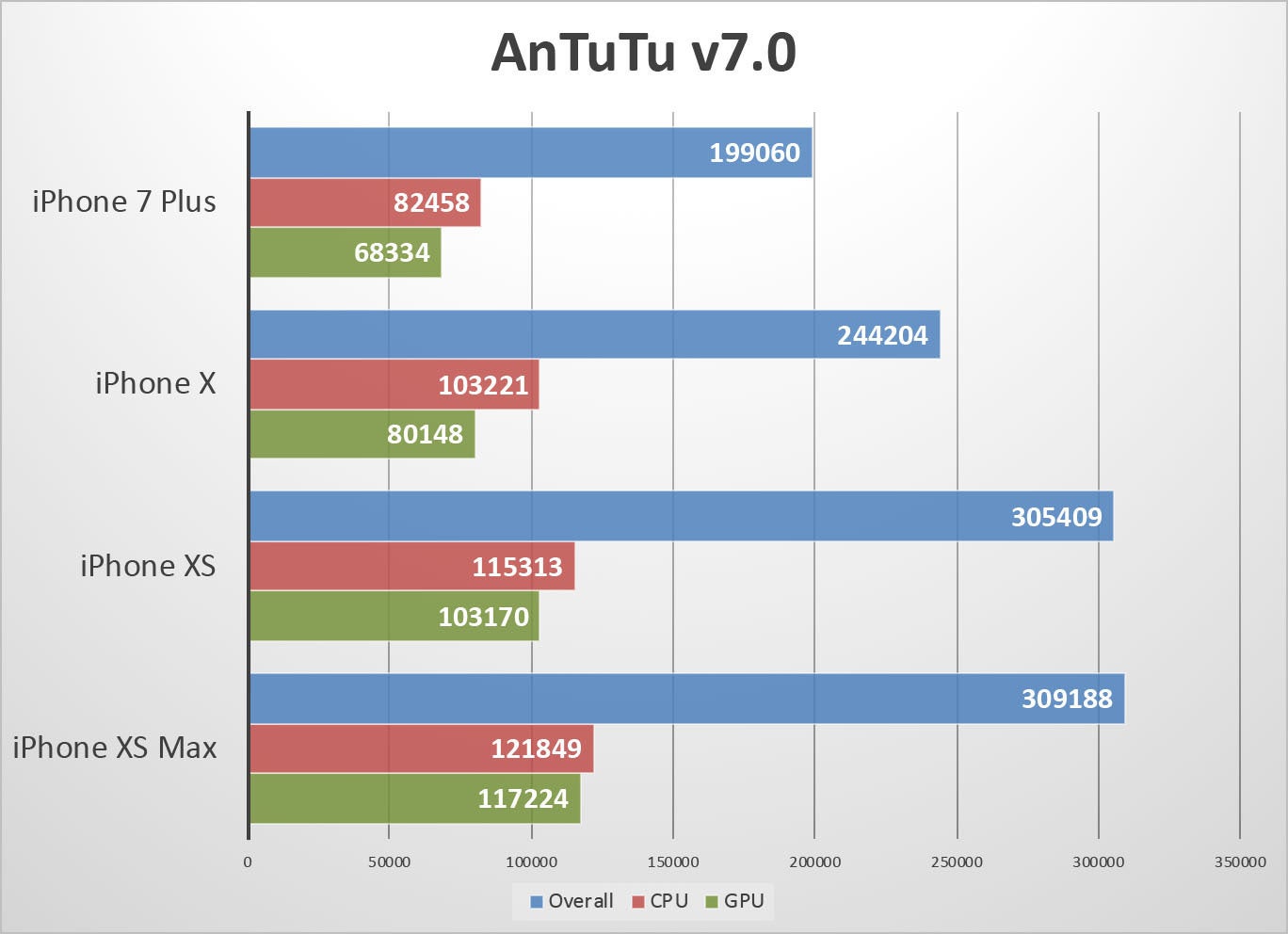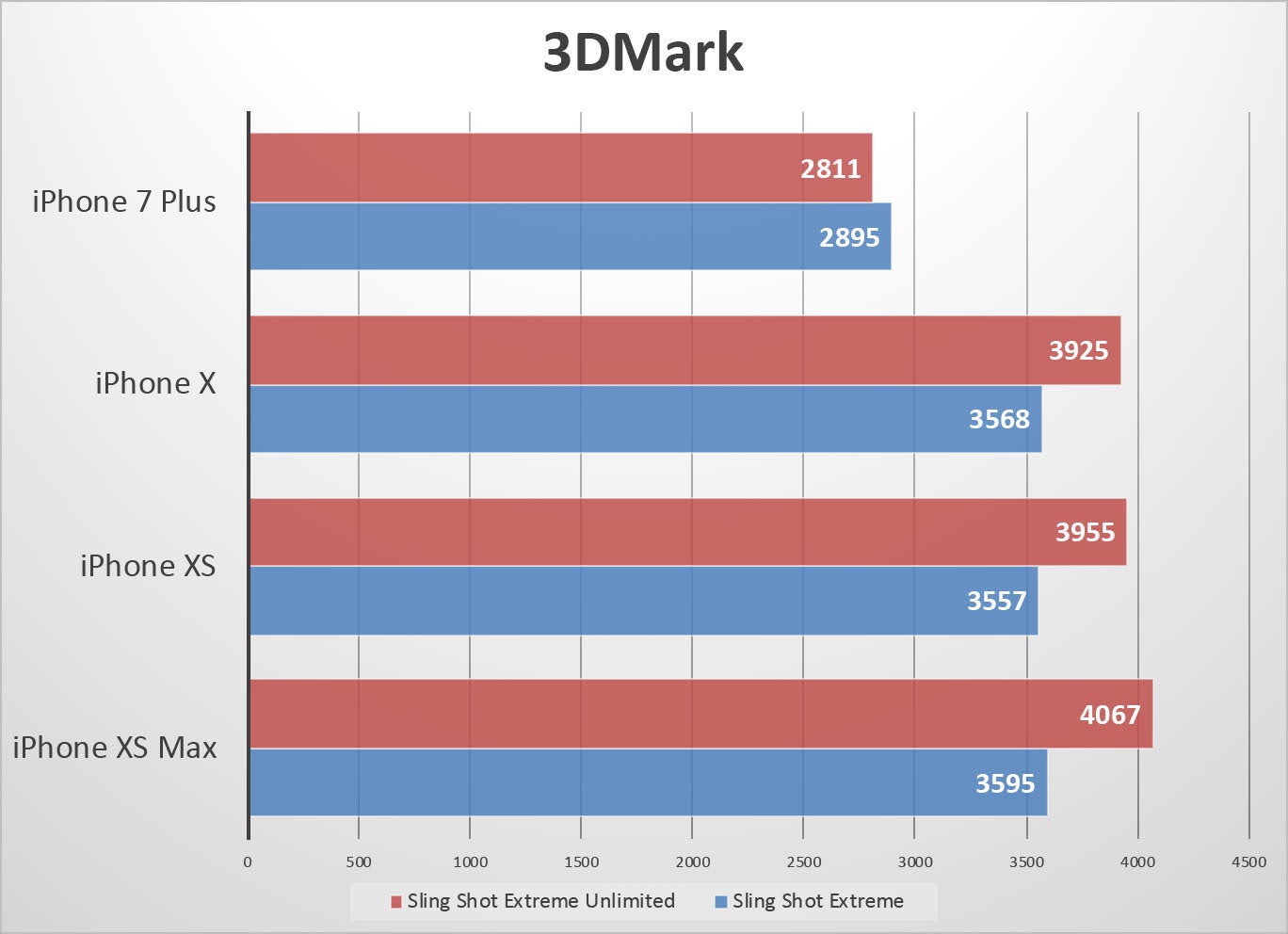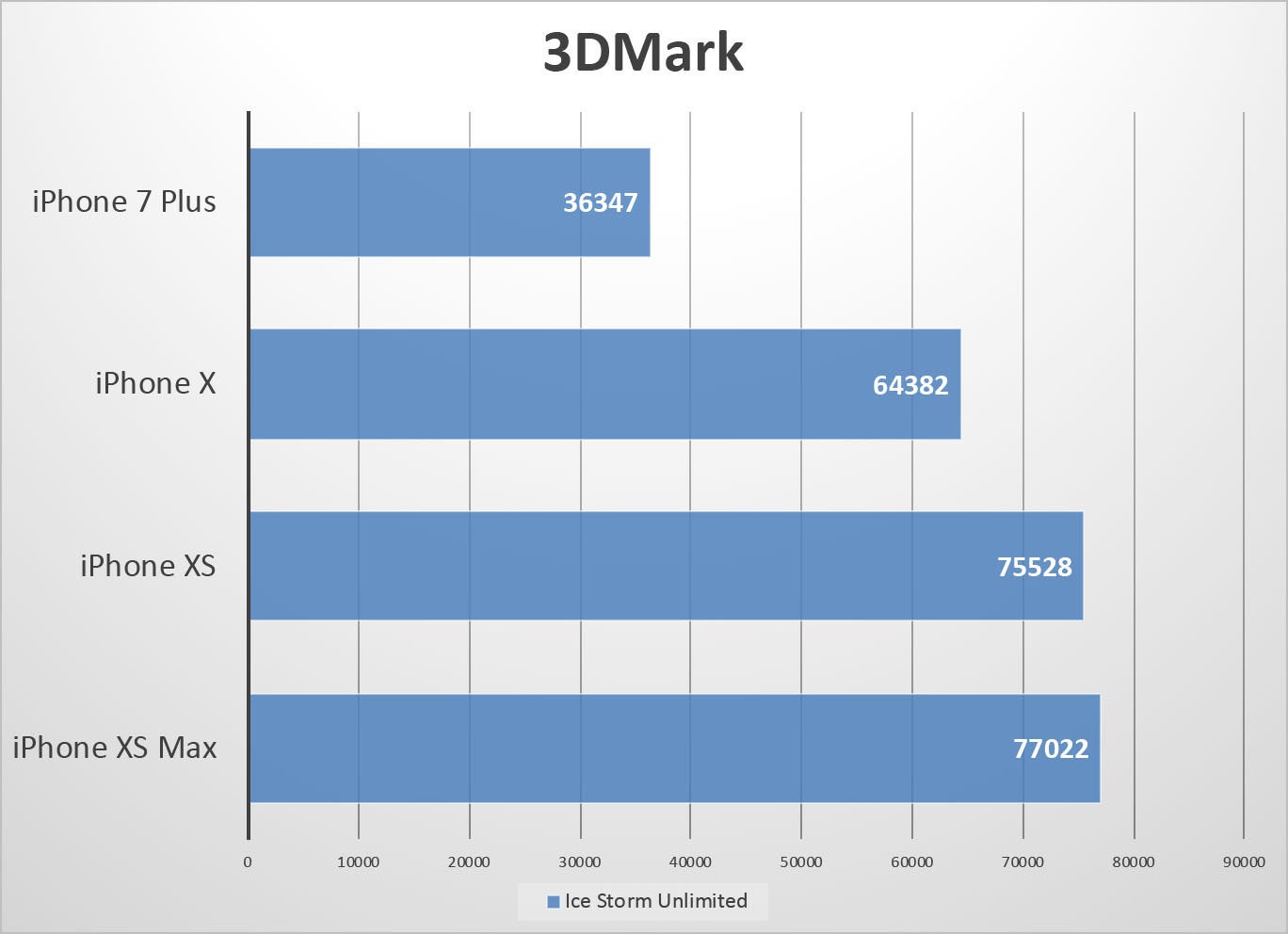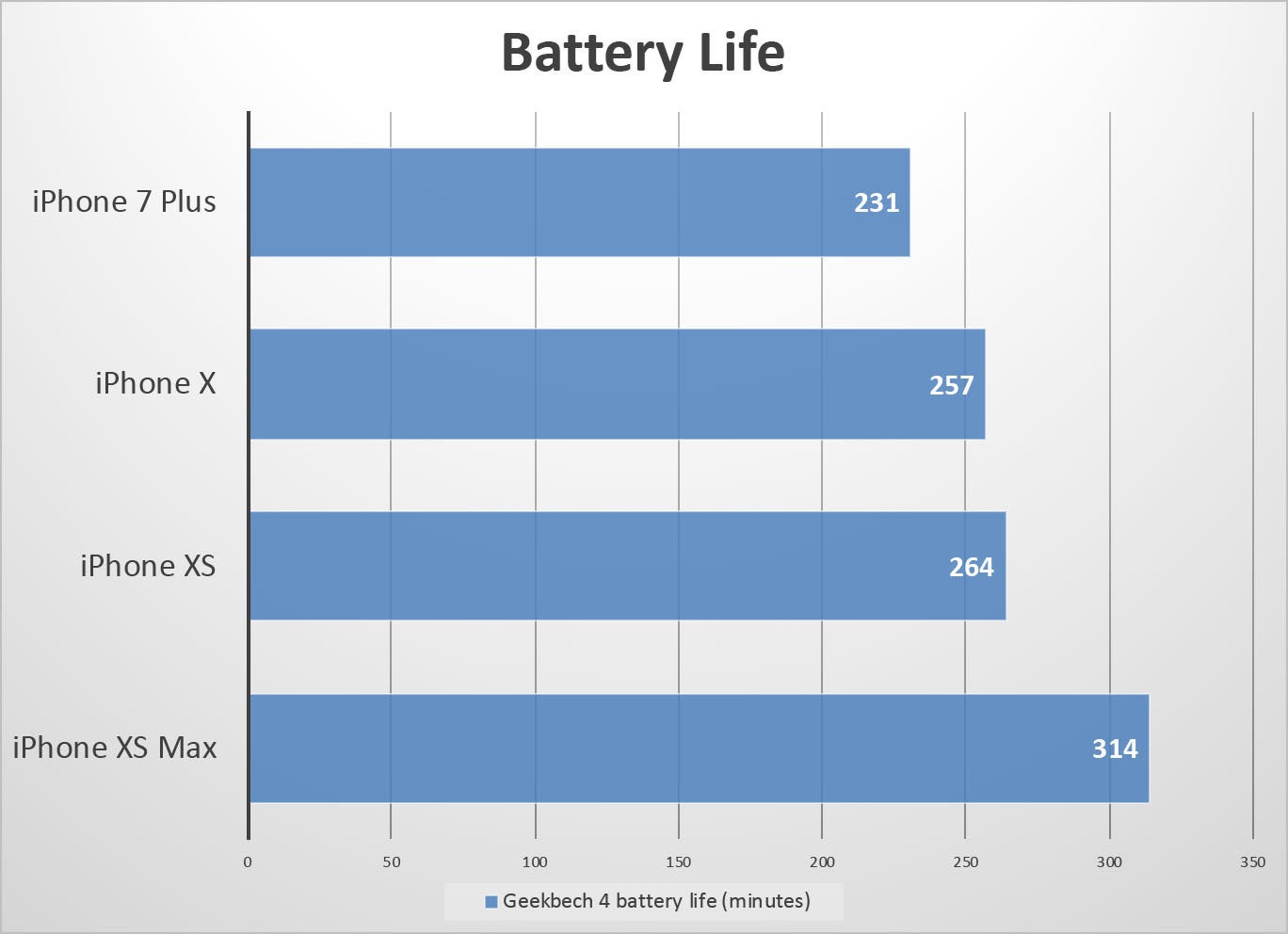PeterScott
Platinum Member
- Jul 7, 2017
- 2,605
- 1,540
- 136
Top score to top score I'm seeing 13% in Int and 15% in FP. In multi-core the difference is 6% for Int and like 2% for FP.
Geekbench is probably the most optimistic as it runs for a few seconds per sub-test.
Fitting for quick burst of clock speed. Really I doubt the actual CPU core changed, more like clock speed/cache changes.
The bigger boost will be in GPU and Neural stuff.



